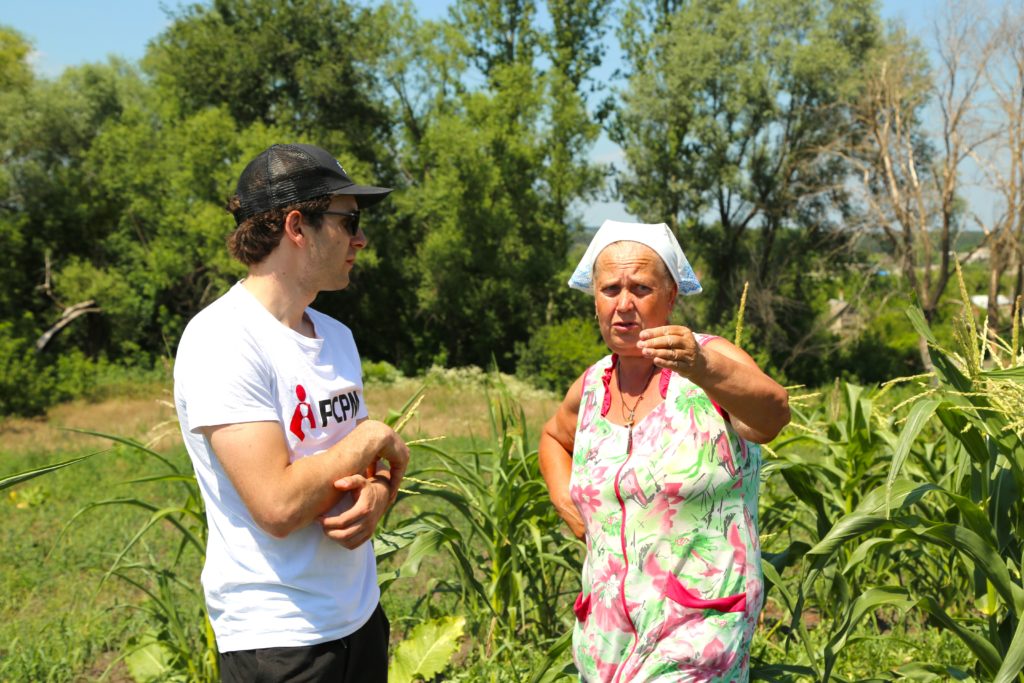With funding from the Polish Aid program, the PCPM is launching 5 projects on 3 continents
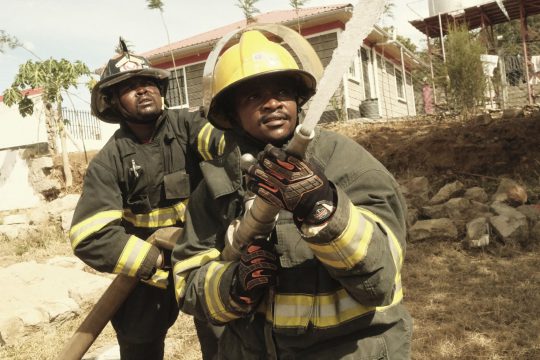
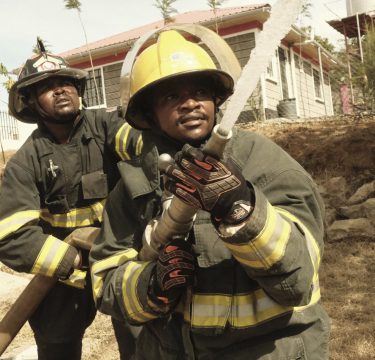
Polish Centre for International Aid has received funding from the Ministry of Foreign Affairs’ Polish Aid program. This is five projects on three continents. Between 2024 and 2026, the total aid value will exceed PLN 34 million.

Palestine
The PCPM will implement a centralized medical registration system with a local partner between 2024 and 2026. Creating electronic patient records containing a complete medical history will be possible. The systems will operate in 9 mobile clinics and 4 fixed clinics. The modernization will be extended to include telemedicine, enabling people living in hard-to-reach, isolated areas to receive medical assistance, 7 days a week for 12 hours a day.
The 32 patient reception points will be equipped with defibrillators, burn products, and bandages to stop bleeding. In addition, there will be training in emergency medicine.
This will be supported by specialized training to improve the skills of medical staff in pre-hospital emergency medicine (50 doctors), the use of ultrasound in emergency medicine (220 doctors), and telemedicine (60 doctors). At the same time, the PCPM will donate 2 high-end ultrasound machines to the Emergency Centers, rehabilitation equipment to a specialist facility, and modernize 20 patient reception points.
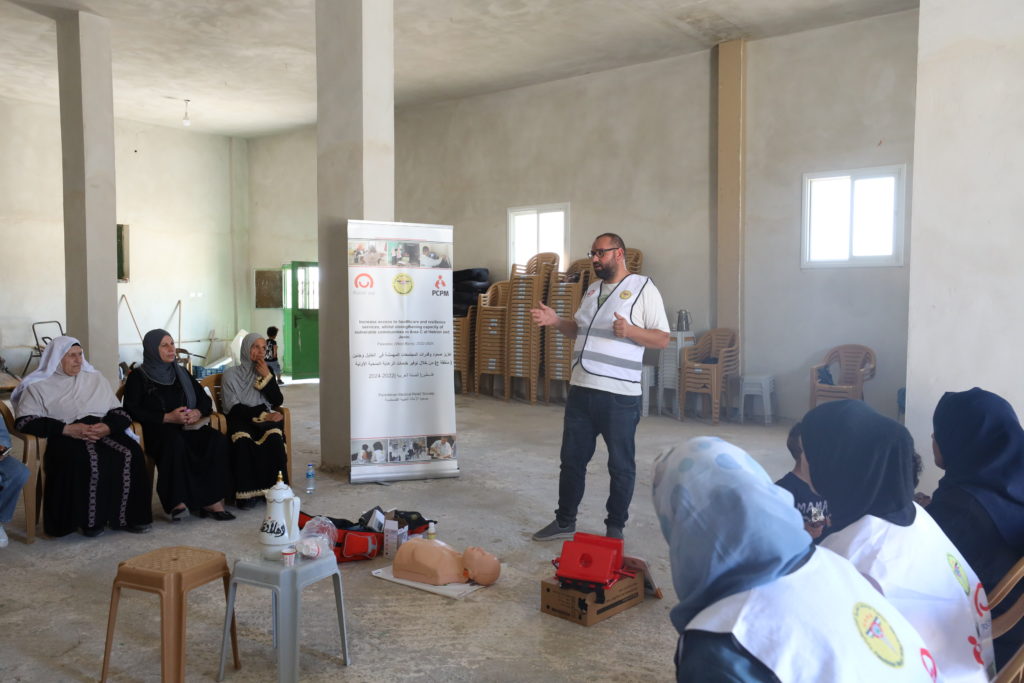
Lebanon
In Lebanon, the PCPM will focus on supporting local governments and other local-level institutions in increasing resilience to natural hazards and ensuring access to sustainable public services, such as:
- Protection against soil erosion, water pollution, and flooding.
- Access to clean drinking water and an efficient irrigation system.
- Improving the efficiency of local institutions and emergency services.
The PCPM wants to clean the Al-Ostuan River, as well as protect farms from flooding. In addition, the Foundation will build irrigation canals and upgrade the civil defense post in Sed El Bauchrieh by installing photovoltaic panels. The Foundation will repair damaged roads and rebuild a culvert. The PCPM will also provide emergency management training for local government representatives.
This will benefit the people of Beirut as well as the Akkar region, which PCPM has been helping for many years.
Kenya
Construction disasters are unfortunately a very common feature in the Nairobi Metropolitan Area, with 29 such disasters recorded in the last seven years alone, 58 people were dead and 116 were injured. The figures are certainly underestimated as there is no central, accurate record in the country at the moment.
Effective services such as the fire department perform many tasks, and firefighting is only one of them. At the request of the Kenyan Ministry of Home Affairs and the National Disaster Management Unit, between 2024 and 2026 the PCPM will focus on building a search and rescue team.
The work will be based on three pillars: training, equipment, and infrastructure. Still, in the first module, the PCPM will establish a search and rescue team in the Nairobi area, which will be trained in the following years until it is fully ready. At the same time, the specialized equipment that is needed for the work on the rubble site will be donated.
No such team exists in Kenya and all the knowledge transferred will be new. Therefore, practical training is very important, and a training ground will be needed for this. The PCPM Foundation has experience, as it has already set up one firefighting training ground in Kenya. It will now build another dedicated to working on rubble.
In the following years, the training ground will be expanded to include storage facilities, among other things, and training will continue, both for the search team and the emergency response services.
The team will also receive a command vehicle, which will increase capacity, and in the last module in 2026 it will be adapted to transport rescuers. After 2 years, the PCPM will begin coaching training along with team chemistry. This will provide Kenya with both a fully functional search and rescue team and instructors to train more rescuers in the future.
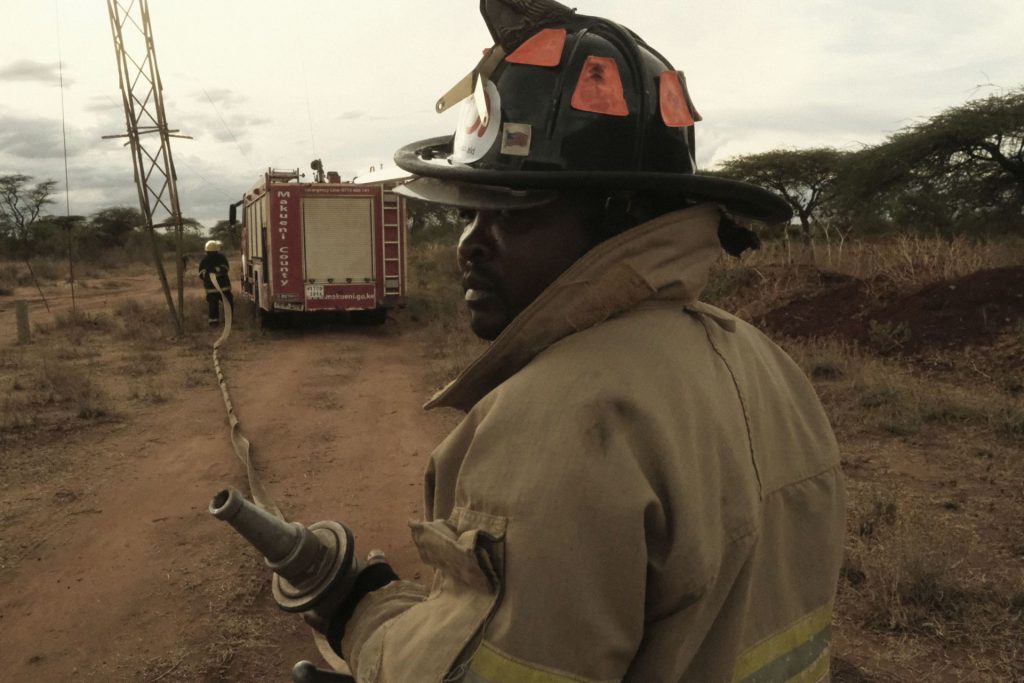
Ethiopia
PCPM is continuing development activities that started in Ethiopia in 2015 and expanded in a project funded by the Poland Aid program from 2021 to 2023. The project will be implemented jointly with the local branch of the International Institute of Rural Reconstruction (IIRR) organization. Support will also be provided by the Ethiopian Ministry of Health, the ALERT Training Centre, the Addis Ababa Fire and Disaster Risk Management Commission, and the local governments of two regions in southern Ethiopia.
The first pillar is the fire brigade, which is currently not ready to face man-made or natural disaster risks.
The PCPM, therefore, wants to create a system that will remain long after the project is completed. Polish and Kenyan PCPM trainers will provide instructor training for outstanding firefighters from Addis Ababa. In the following years, these very instructors will use the skills and experience they have gained, in expanding their knowledge and building a systemic approach in the Sidama region and the South Ethiopia region.
In the Ethiopian capital, the PCPM will retrofit the fire brigade training center that currently trains emergency response services from across the country. In addition, old equipment as well as personal protective equipment will be replaced, filling gaps and taking advantage of technological developments.
The second pillar is emergency medicine, which plays a vital role in Ethiopia’s emergency services system. Over three years, Polish experts will train more than 200 ambulance workers. Support will also include the retrofitting of ambulances, which lack even basic equipment due to limited financial resources. The biggest shortages concern oxygen apparatus, compact ambulance stretchers, and defibrillators. In addition, standard first aid kits will be donated.
Under the last pillar, the PCPM will organize training courses for veterinary services in response to requests from local authorities. Trained staff will be given equipment and medicines to vaccinate cattle. As a result, local communities in the Omo Valley region will be able to rebuild their farms, which have been affected by recurrent natural disasters.
Ukraine
In agriculture areas in Kherson, Kharkiv, Poltava, and Kherson regions, the PCPM will renovate ambulatory facilities that have been damaged. 10 in Kharkiv and Kherson oblasts, and as part of the second module, analogous work and repairs are planned for 5 facilities in Poltava oblast, a relatively safe place for people fleeing military action. In addition, further support is planned for the 15 facilities refurbished in both modules through the purchase of equipment (both medical and general equipment) according to reported needs and consultation with specialists.
It is also planned to purchase emergency equipment and train medical staff in the use of the equipment received and in emergency medicine, which is difficult to access in rural areas.
Within the framework of the same project, the PCPM will continue humanitarian assistance in the Kherson and Kharkiv regions. This will involve the distribution of specialized hygiene items (diapers, creams for bedsores, etc.) and special food parcels to people with limited mobility in villages in frontline areas with limited access to shops.
